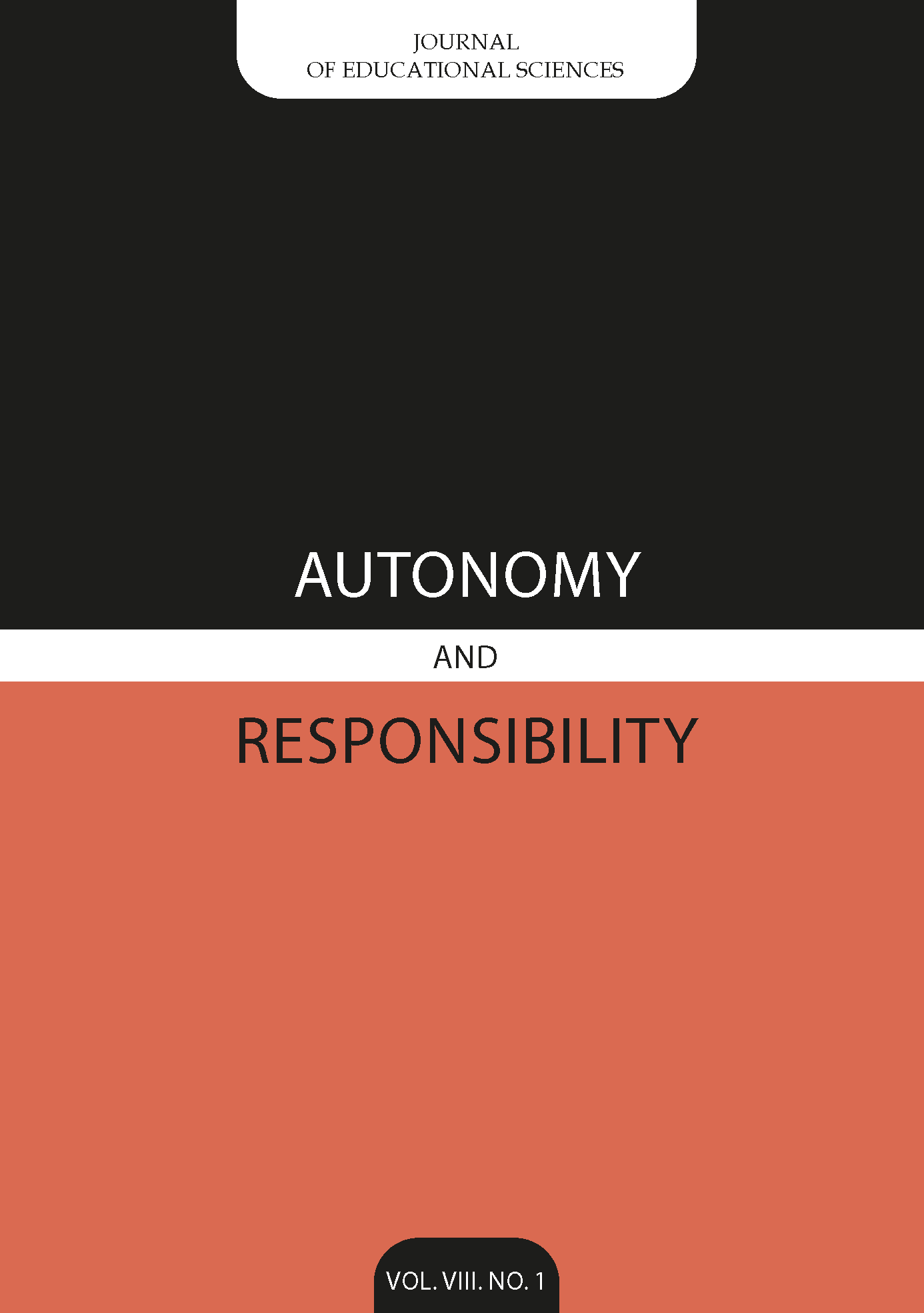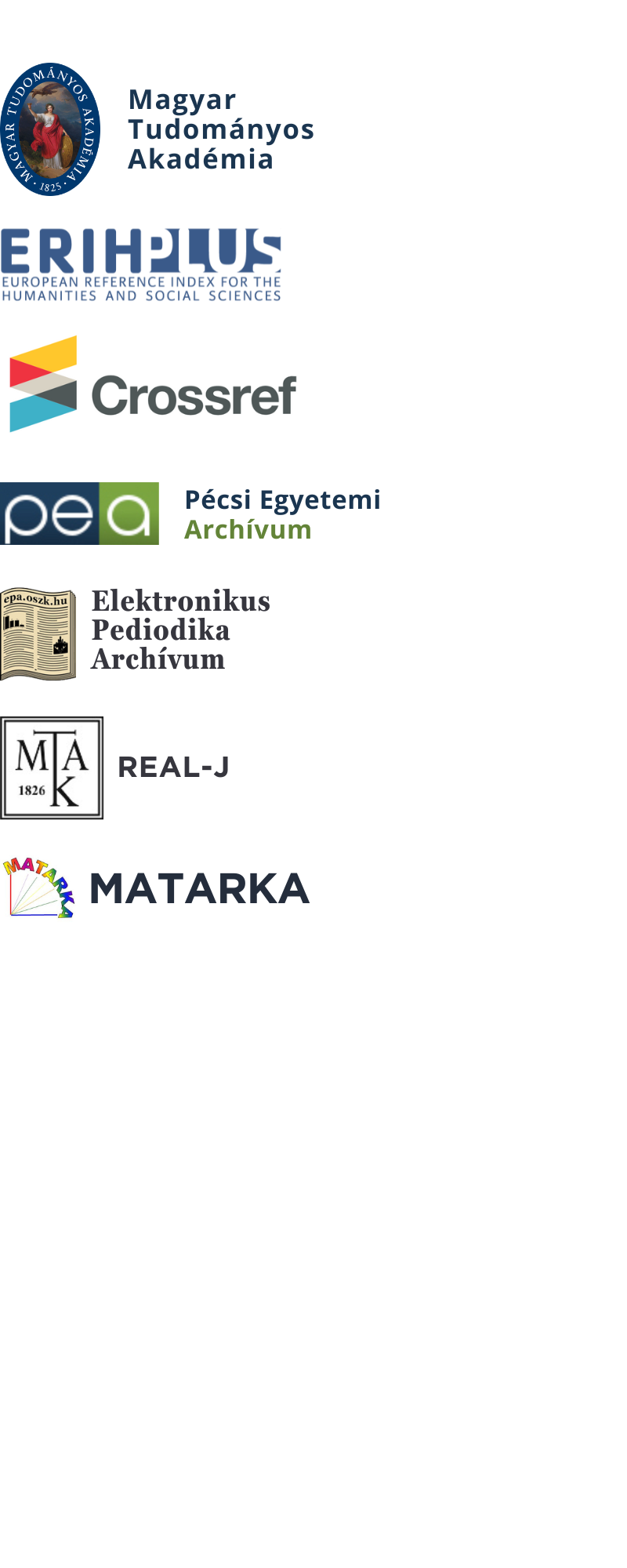Seven Ways of Constructing Knowledge through Cooperative Learning
DOI:
https://doi.org/10.15170/AR.2023.8.1.2.Kulcsszavak:
constructivism, cooperative learning, knowledge construction, interactive learningAbsztrakt
This article presents seven ways to construct knowledge through cooperative learning. The first part of the article provides a comprehensive examination of how deeply constructivist and cooperative learning discourses are interconnected and have interfaced with each other over the last five decades. The article highlights how the two concepts have influenced each other and how their combination can lead to a more effective learning experience. The second part of the article is devoted to explaining the seven ways of constructing knowledge in cooperative learning settings. Each of the seven ways - interactive, positively interdependent, synergic, synoptic, multicontextual, interferential, and action-based - is discussed in detail, with specific examples provided to illustrate how each approach works in practice. The overall aim of the article is to assist educators and researchers in understanding the various cooperative learning approaches and their potential benefits in constructing knowledge. The article emphasizes the importance of adopting simple cooperative approaches for efficient knowledge construction, and the importance of educators and researchers adapting these approaches to meet the needs of their students.
Letöltések
Downloads
Megjelent
Hogyan kell idézni
Folyóirat szám
Rovat
License
Copyright (c) 2023 Ferenc Arató

This work is licensed under a Creative Commons Attribution-NonCommercial-NoDerivatives 4.0 International License.



